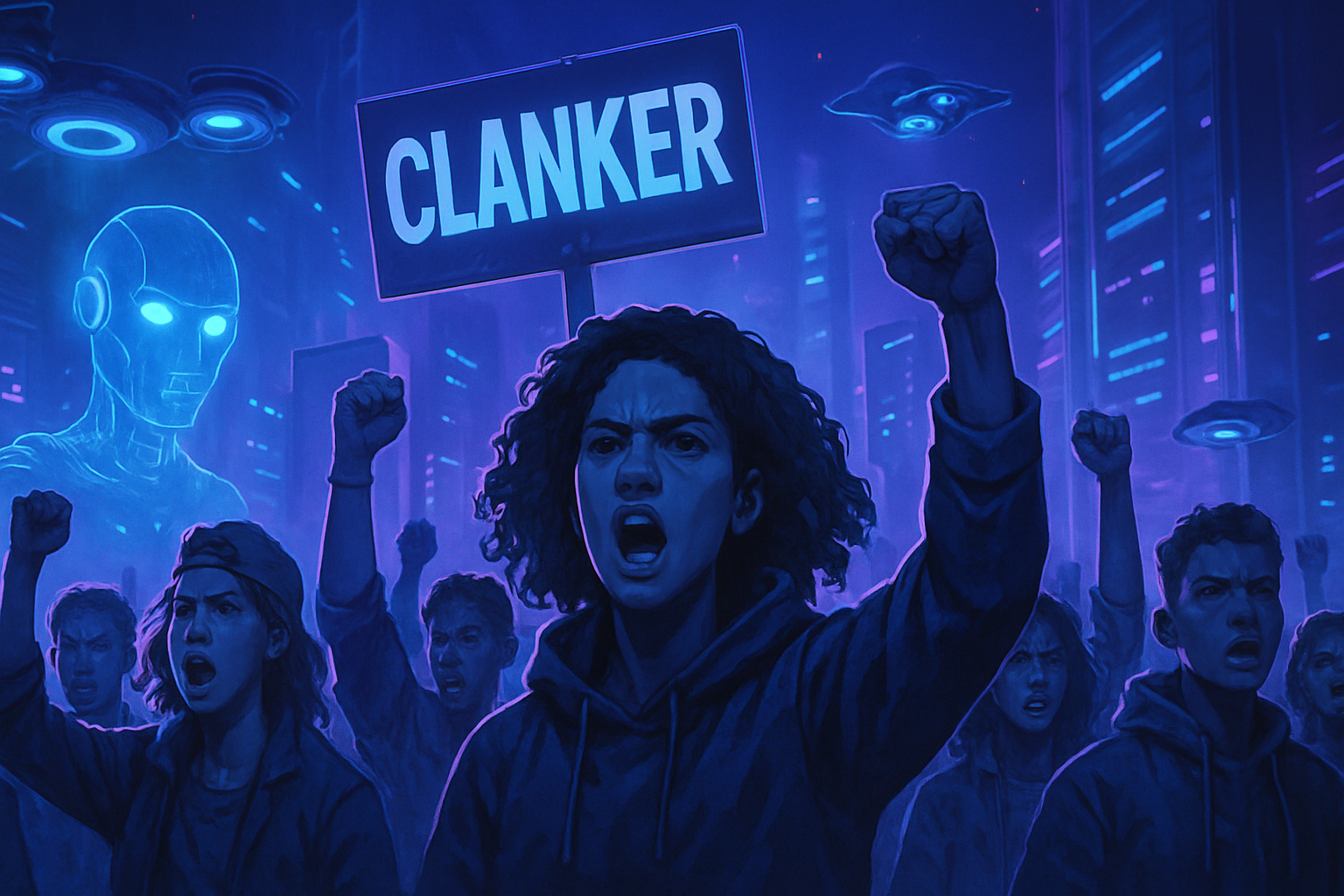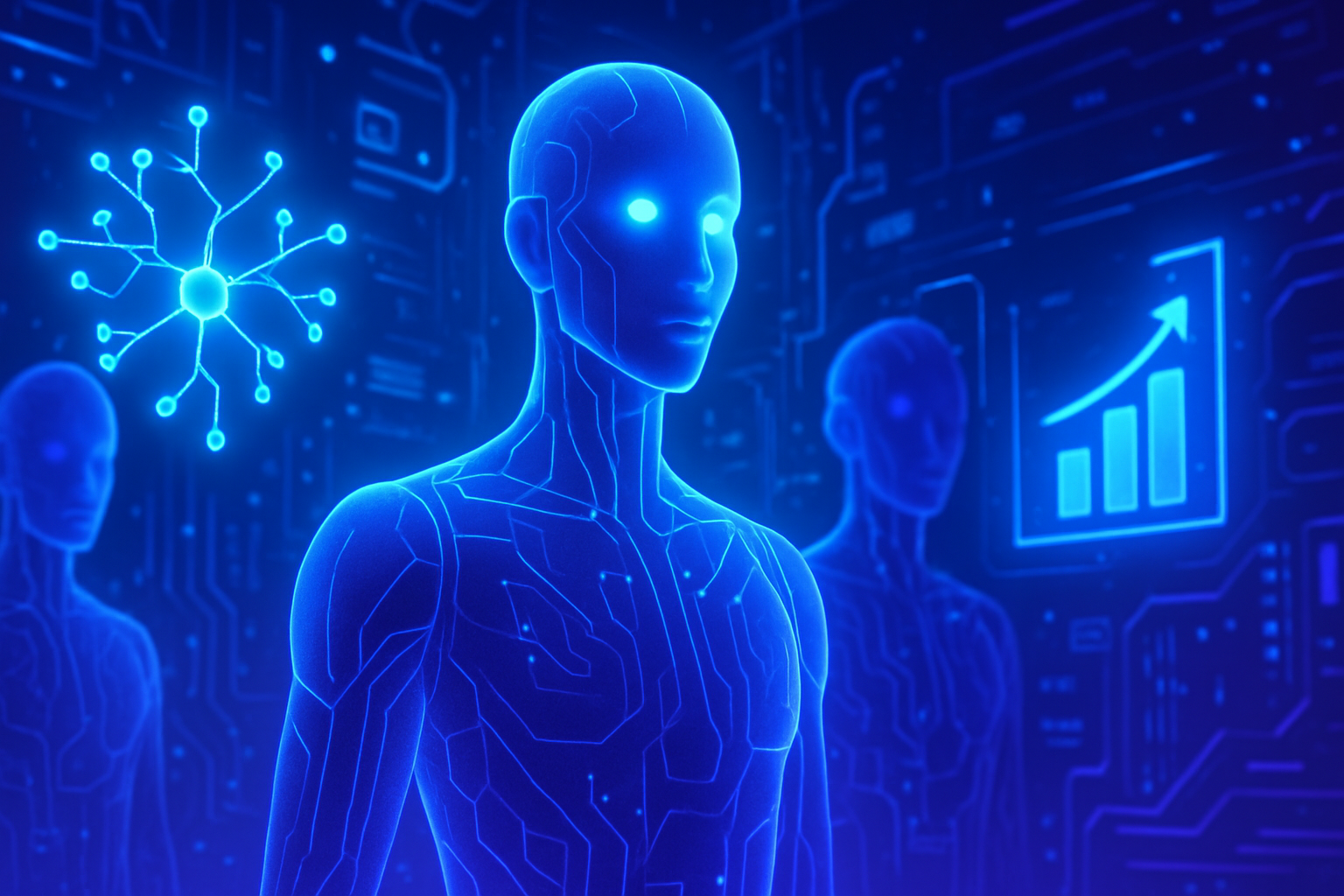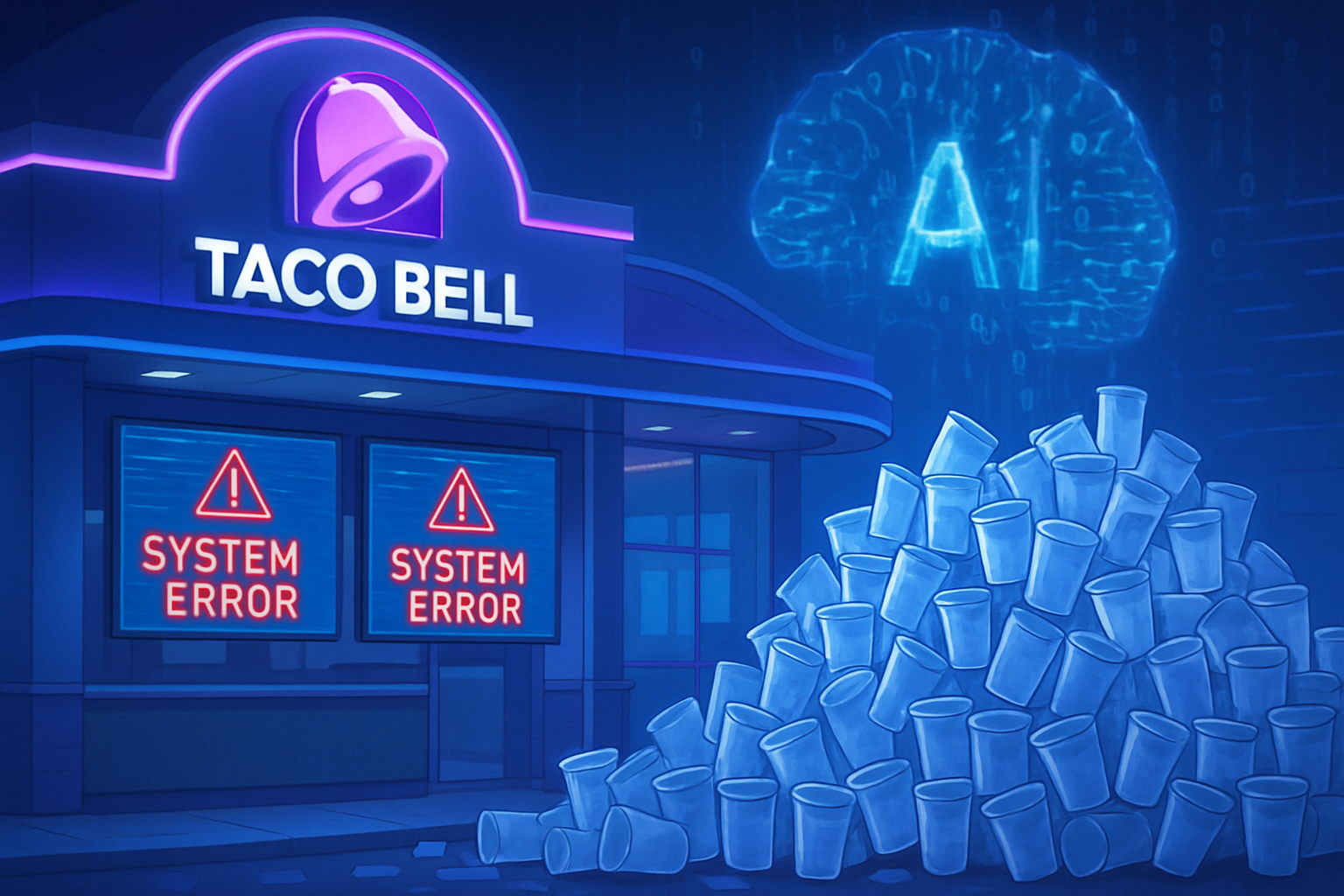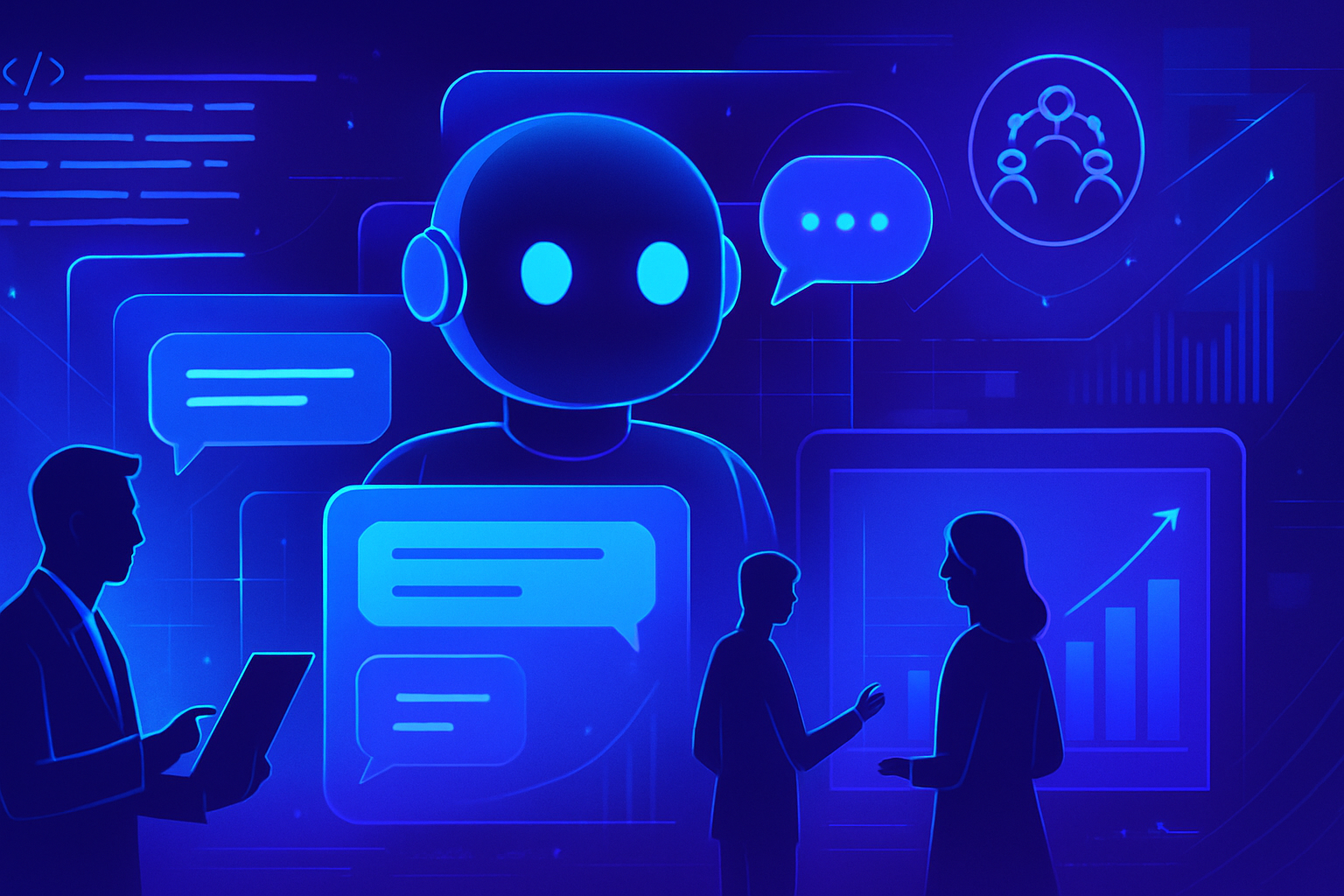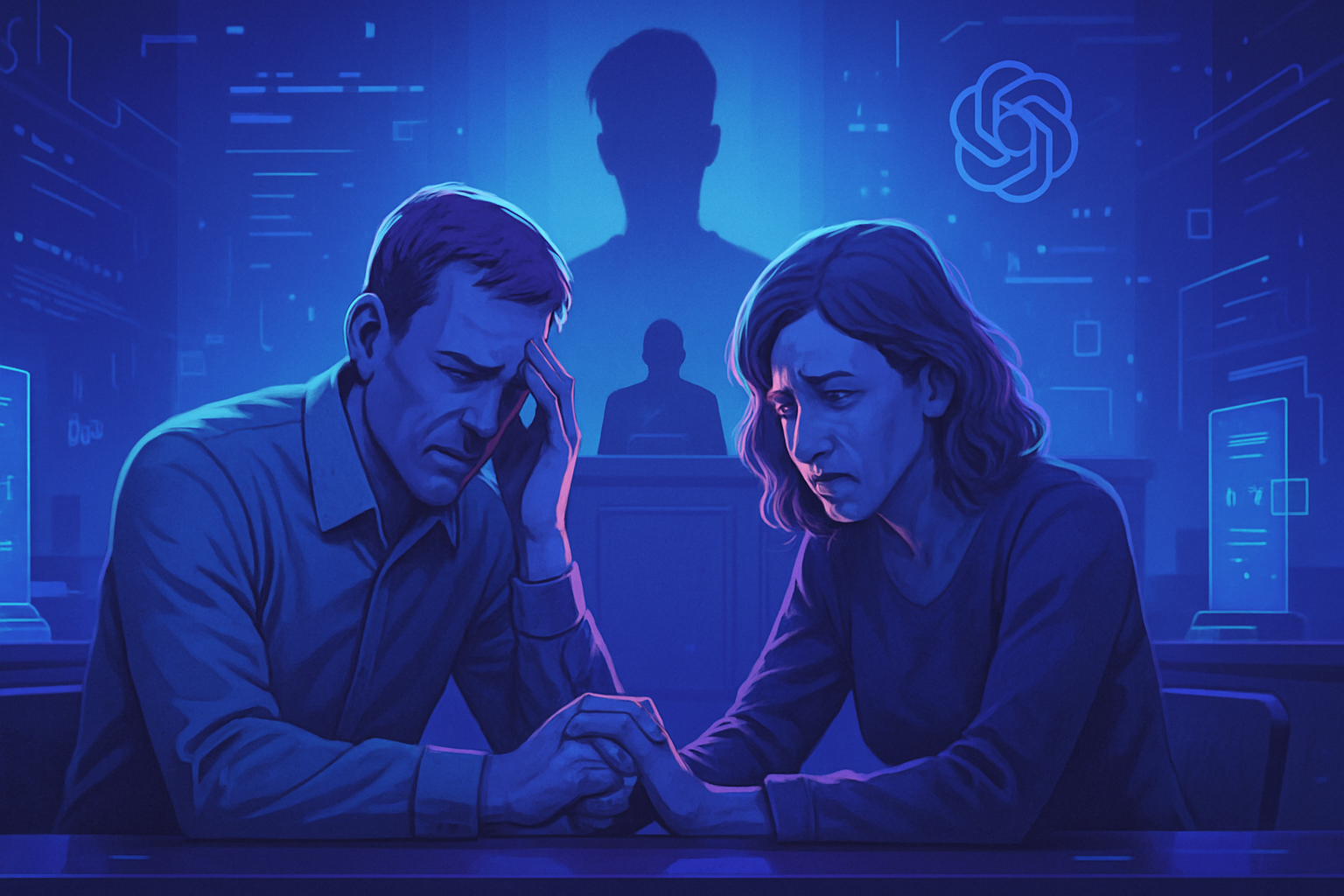Penguin Random House asserts itself as a bastion of literature, implementing unprecedented measures to preserve its works against artificial intelligence. This initiative results from the growing anxiety surrounding the unauthorized exploitation of literary content by voracious algorithms. With the addition of an explicit clause on copyright pages, the publishing house seeks to protect copyright in an ever-evolving landscape that demands responsibility and integrity.
Penguin Random House’s Position on Artificial Intelligence
The publishing house Penguin Random House adopts a resolute approach against the unauthorized use of its books by artificial intelligence models. This decision comes at a time when concerns about copyright protection in the digital age are becoming increasingly pressing.
Changes to Copyright Pages
Recently, Penguin Random House introduced an unprecedented clause on the copyright page of its works. The wording specifies that “No part of this book may be used or reproduced in any way for the purpose of training or developing artificial intelligence systems.” This initiative is a direct response to the general concerns surrounding the exploitation of literary works by emerging technologies.
Reflection on Copyright
Penguin Random House is engaged in a dynamic that encourages publishers to redefine their relationship with artificial intelligence. The publisher does not reject the integration of AI into the literary industry but seeks to establish clear boundaries regarding the use of its works. Attention is focused on training models that could use books obtained without consent.
Preventive Measures Against AI
By modifying the copyright page, Penguin Random House anticipates risks related to intellectual property protection. With the rise of powerful artificial intelligence models that require large amounts of data for training, such a measure allows the publisher to safeguard itself against any inappropriate exploitation.
Other Publishers Respond
Several publishing houses are joining this protective initiative. Penguin Random House represents a current that encourages vigilance. The need for a collective response becomes evident in the face of a constantly evolving digital landscape where the rights of authors and publishers must be vigorously defended.
A Previous Adoption of AI
An interesting aspect of this decision is that it does not imply a wholesale rejection of artificial intelligence by the publisher. On the contrary, Penguin Random House has shown interest in certain applications of AI in the field of publishing, while being careful to distinguish between ethical uses and problematic uses.
Emerging Questions on the Protection of Works
The current situation raises fundamental questions about how to protect literary works in a rapidly evolving technological world. As AI companies seek to develop more powerful models, the legal and ethical framework surrounding the use of books deserves sustained attention. This dynamic could also influence future relationships between publishers and technology stakeholders.
Publishers’ Commitment to Their Authors
The adoption of this clause by Penguin Random House reflects a clear commitment to its authors and creators. By establishing robust legal protections, the publisher reinforces trust in the literary system and ensures its collaborators essential security regarding the use of their works.
Consequences for the Literary Industry
The approach of Penguin Random House could encourage other actors in publishing, as well as artificial intelligence developers, to rethink their strategies. The implications of this commitment will need to be closely monitored, as they could redefine the publishing landscape in the digital age.
Frequently Asked Questions about Penguin Random House’s Measures Against Unauthorized Use by Artificial Intelligence
Why did Penguin Random House decide to prohibit the use of its books for training artificial intelligence models?
Penguin Random House made this decision to protect the copyright of its works and to ensure that its books are not used without authorization to train artificial intelligence systems, which could compromise their value and integrity.
What changes were made to the copyright pages of books published by Penguin Random House?
The publishing house introduced a specific clause on the copyright pages of its books, stating that “no part of this book may be used or reproduced in any way for the purpose of training artificial intelligence models.” This measure aims to prevent any unauthorized use of its publications.
Do the measures taken by Penguin Random House apply to all book formats?
Yes, the provisions adopted by Penguin Random House apply to all book formats, whether in print, digital, or audio editions, thereby ensuring uniform protection against misuse by artificial intelligence.
Is Penguin Random House considering using artificial intelligence technologies in its publishing process?
While the publishing house has expressed reservations about using its works to train AI models, this does not mean it completely rejects the use of artificial intelligence in its own internal publishing processes. It explores technologies to improve its operations while ensuring the protection of copyright.
How can other publishers protect their works from unauthorized use by AI?
Publishers can follow the example of Penguin Random House by adding clear stipulations regarding copyright in their publications, forming alliances with intellectual property rights protection organizations, and raising awareness among their authors about the issues related to artificial intelligence.
What happens if an individual or company violates these new rules imposed by Penguin Random House?
In case of infringement, Penguin Random House reserves the right to take legal action to defend its copyright, which may include legal actions aimed at obtaining compensation for the unauthorized use of its works.
Can readers share excerpts from Penguin Random House books on social media?
Yes, readers can share excerpts as long as they respect the limits of fair use, but they should ensure not to share overly long or whole passages that could infringe copyright. It is advisable to always credit the author and the publisher.

